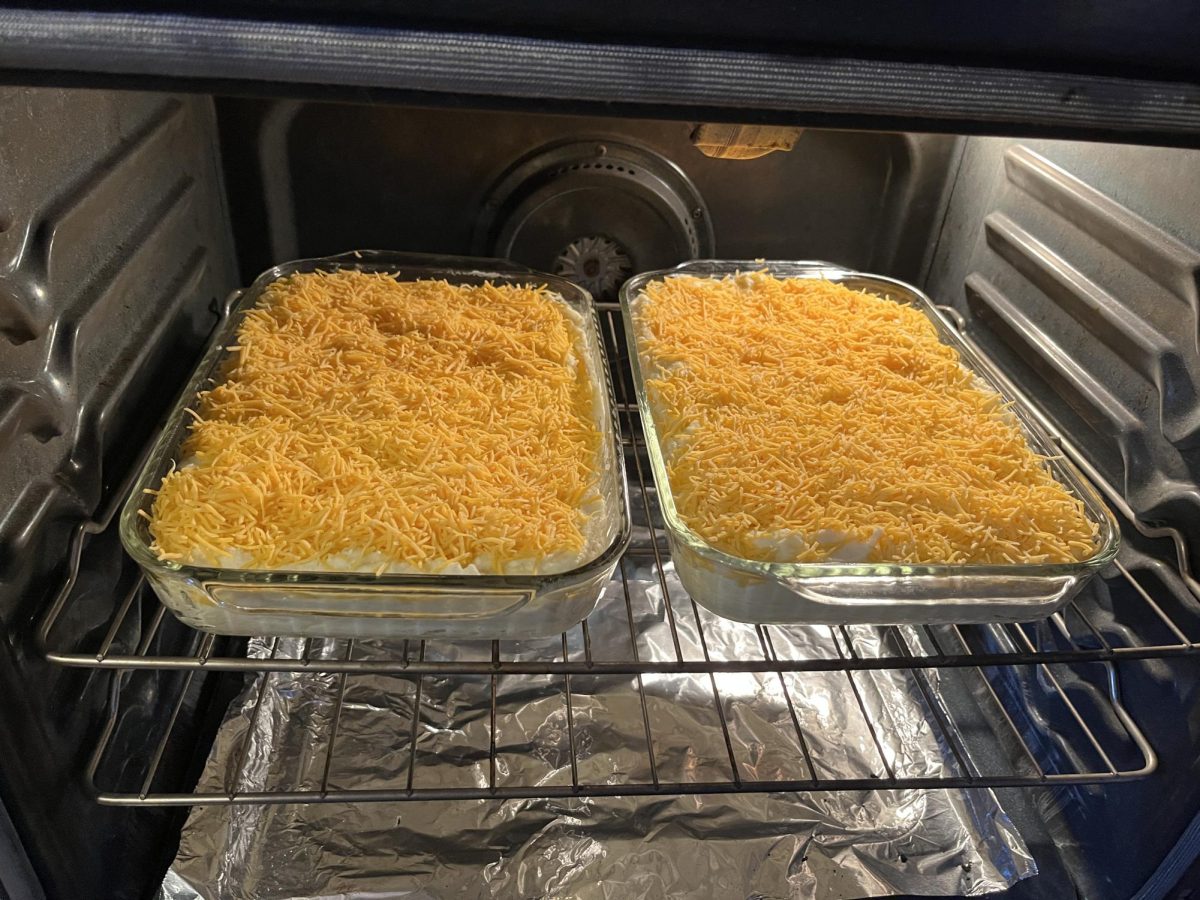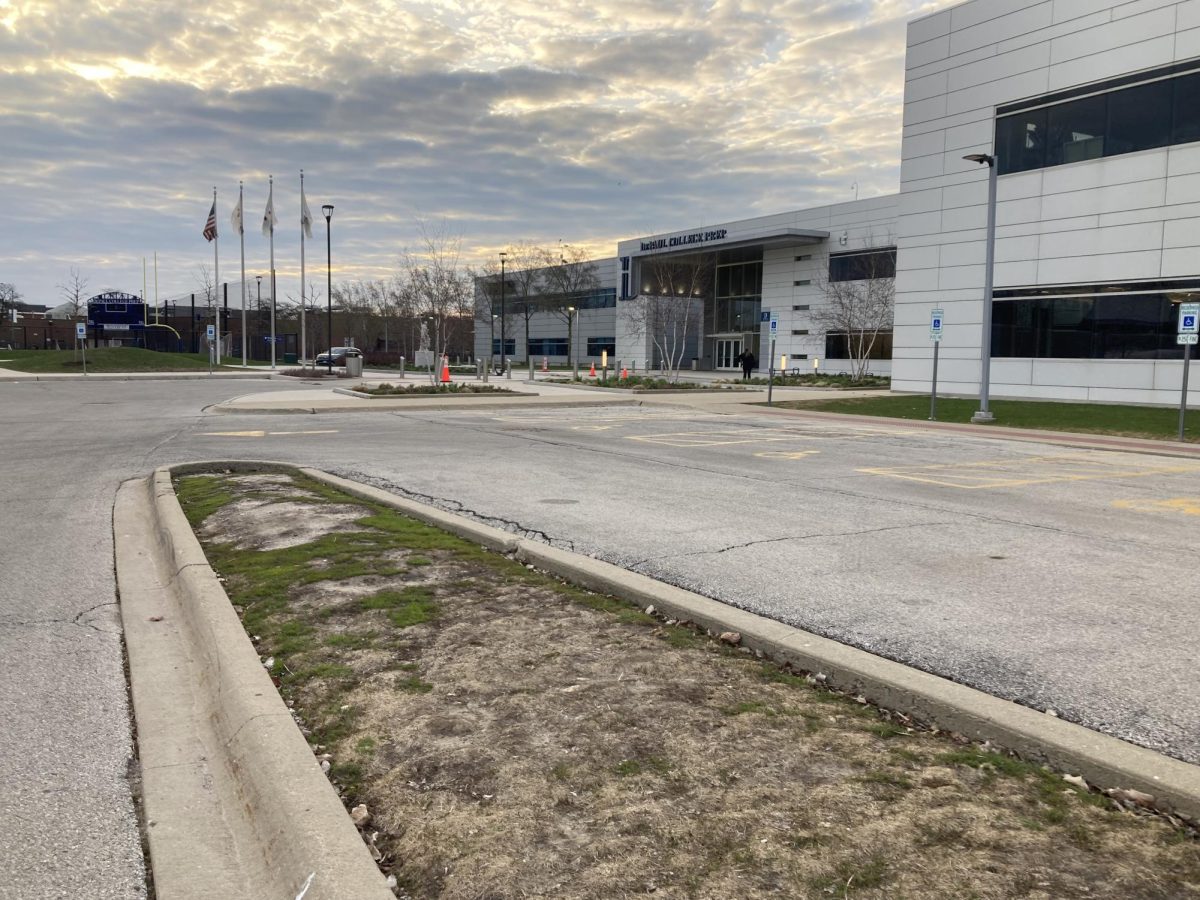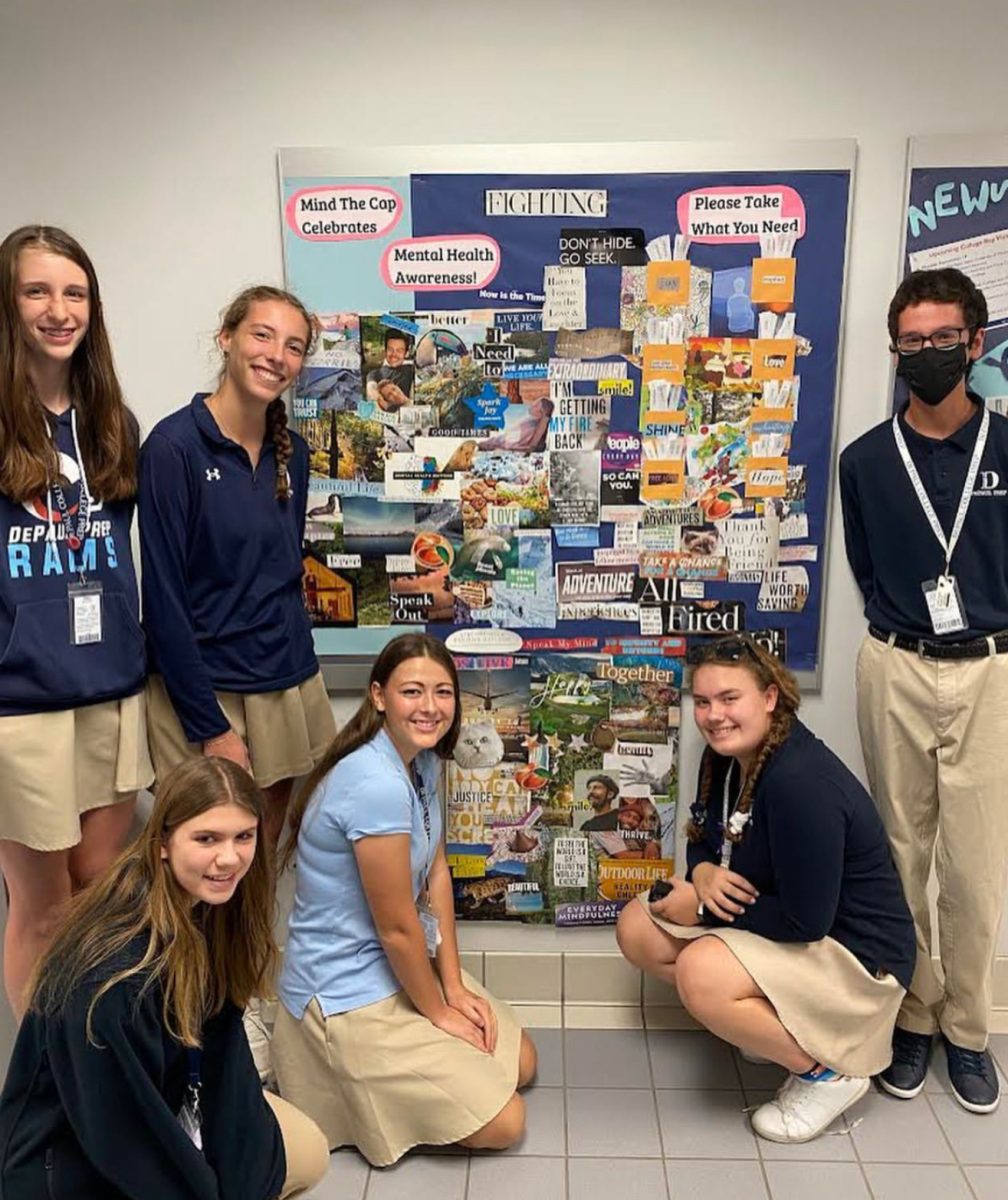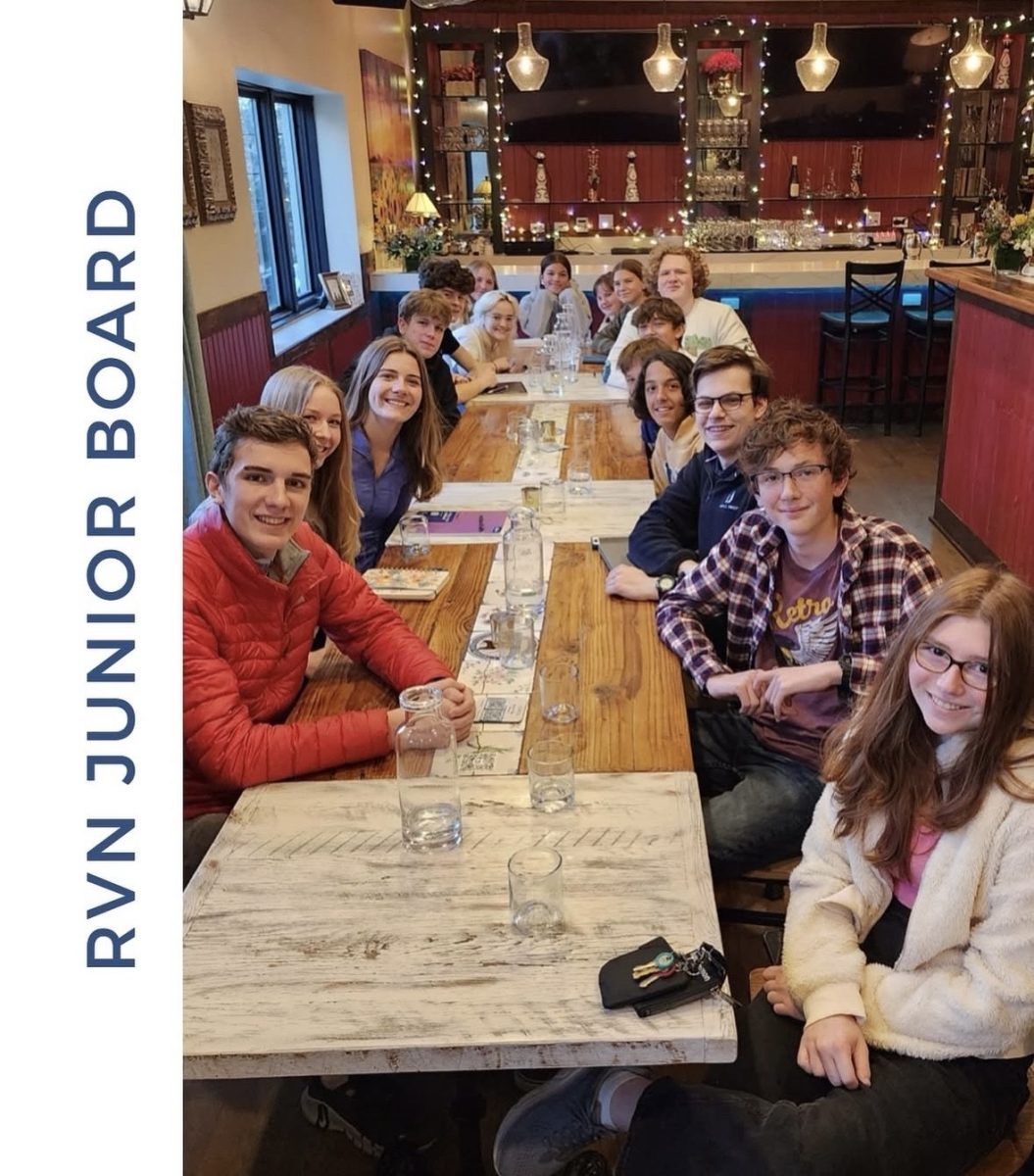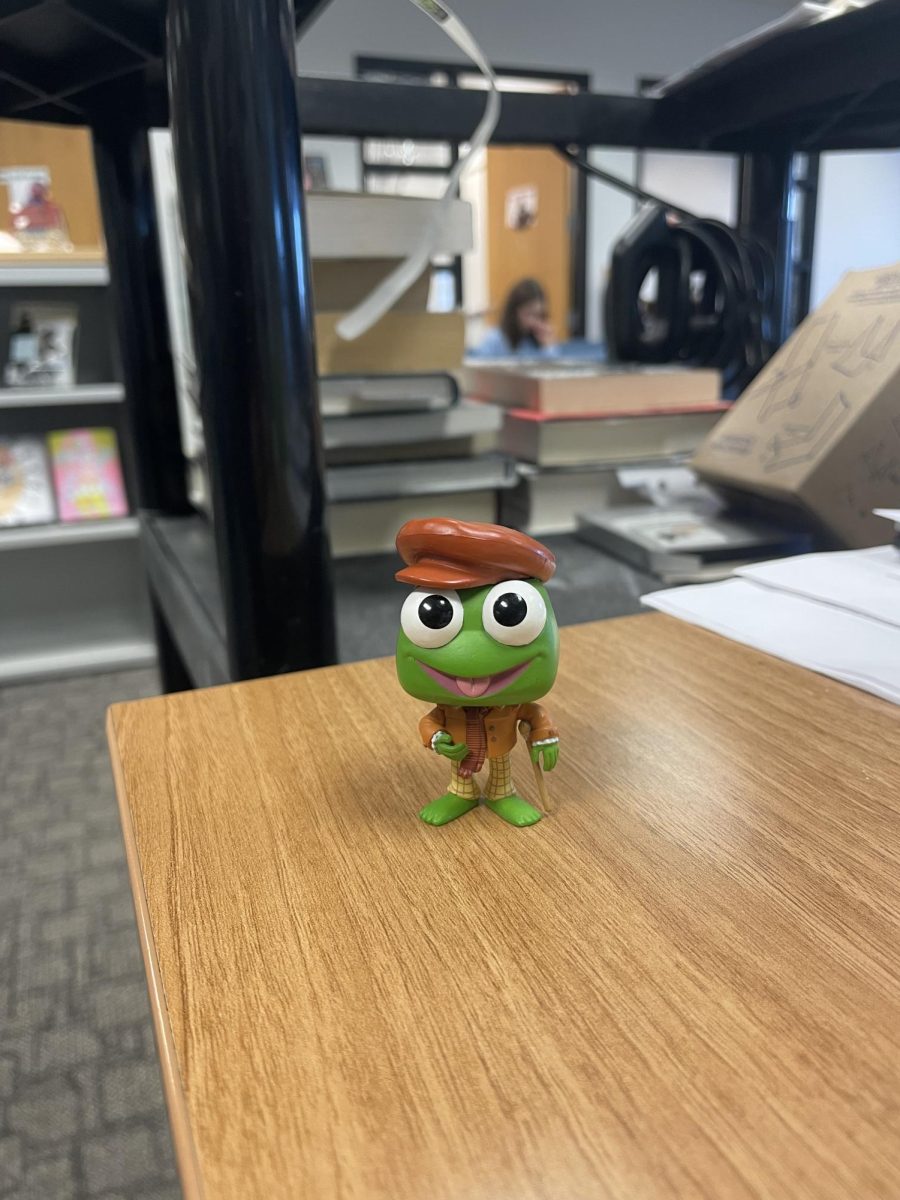Since its introduction in 1621 as a shared feast between the Pilgrims (English colonists of Plymouth) and the Wampanoag people (Native Americans of present-day Massachusetts and Rhode Island), Thanksgiving Day has become a prominent national holiday in the United States and Canada.
With around nine-in-ten Americans partaking in the annual celebration of harvest, family and gratitude, Thanksgiving Day has maintained elements of its historical origins as a three-day feast of Native American and colonial foods while simultaneously creating space for new traditions that reflect a diversity of values and beliefs resultant from its increase in popularity.
Anthony Powers, librarian at DePaul College Prep, has researched the holiday’s evolution into modern day, including the integration of newfound cultural practices. He said that although Thanksgiving Day’s “origins are in these fall festivals that came out of England…many great [and] specific holiday traditions” have been created since.
Senior Zoe Pileggi said that her family engages in two unique traditions each year, including the cooking of a “communal stuffing” that requires contributions from all family members.
“Everybody has to bring a different ingredient that they all throw into the stuffing,” she explained.
This family tradition, Pileggi said, encourages all family members to be “participating in Thanksgiving instead of only one person making the meal…so that everyone feels like they did something.”
Along with her family’s “communal stuffing,” Pileggi’s family fosters a sense of inclusion and involvement during Thanksgiving Day by taking turns carving the turkey.
“My grandfather does the first cut, but everyone actually gets to carve out the pieces that they want,” she said. “We want Thanksgiving to be about collaboration and being grateful for family [which is why] we have everyone contribute.”
Junior Joshua Friend’s family is also able to cultivate a feeling of connection through meal preparation. Friend explained that each year, he and his sister, mom and dad gather in the kitchen to cook food they bring to his grandparent’s log cabin on Thanksgiving Day.
“We bake a lot of cookies,” he said. Friend added they also make his mom’s ‘famous’ mashed-potato recipe—a family favorite during their Thanksgiving Day meal.
While Powers enjoys cooking, eating and connection with his family like Pileggi and Friend, watching football has become a staple in his annual holiday traditions.
“I love [Thanksgiving] because the other big part of it is football. I get to eat and watch football all day long, and that’s a good thing,” he said.
Powers explained that another core tradition him and his family carried out, when his nieces and nephews were younger, was visiting Marshall Fields (Noel rebranded as Macy’s since merging into the department store chain in 2006) in downtown Chicago.
“We’d all pile into the car and go downtown,” he said. “[We] would wake down State Street and look at the Marshall Fields’ windows.”
Powers said that he has “great memories” of looking at the festively decorated windows for the holidays at Marshall Fields.
He added that he and his wife would participate in annual shopping spree during Black Friday, but instead of supporting commercial chains, opted to browse in “neighborhood[s] with small businesses.” Powers believes that this practice has become a widespread tradition around Thanksgiving Day.
“That’s become a national aspect of Thanksgiving—the ‘small business Fridays,’” he said. “Instead of dog going to Barnes and Noble to buy a book, maybe [we would] go to a local bookstore.”
While Friend enjoys taking advantage of storewide discounts during Black Friday, he said that he believes that event “has lost its meaning.”
“It’s been proven, [at] Amazon especially, in the months leading up to Black Friday, [companies] will slowly raise prices on things to make it look like a bigger deal,” he said.
Pileggi agreed and said that “Black Friday has become sort of a cultural sensation” and lost its purpose as an opportunity to display kindness and gratitude towards loved ones.
“Instead of being about buying things for family…I think that it’s become a lot more about buying things as cheaply as they come,” she said. “And while I understand the need for that in a lot of situations, the violence that sometimes comes with it…is a little bit too much.”


